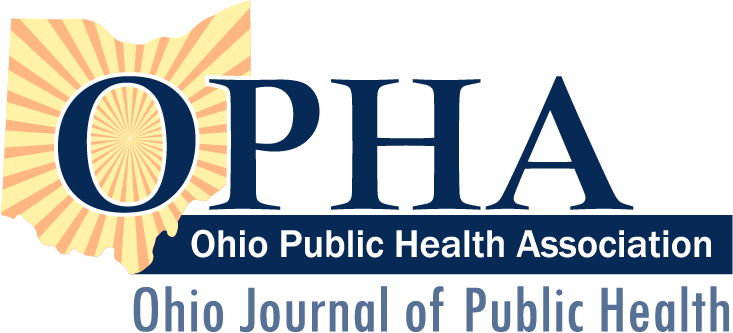Mixed Methods Evaluation of State Targeted Response to the Opioid Crisis in Ohio
Abstract
Background: In 2017, the Substance Abuse and Mental Health Services Administration awarded State Targeted Response (STR) grants through the 21st Century Cures Act to help states address the opioid crisis. While there are publications that discuss how each state allocated their STR grant awards, there is a paucity of evaluations illustrating the impact of STR grant activities on clients of opioid use disorder (OUD) treatment, family members of persons living with OUD, community professionals whose work involves addressing OUD, as well as impacts on local communities. This longitudinal qualitative study assessed the impact of STR grant-funded projects on communities in Ohio particularly hard hit by the opioid epidemic.
Methods: Data were collected through a mixed research methodology from November 2017 through April 2019. Epidemiologists conducted focus groups and administered surveys in 4 geographically different areas of the state. Study objectives included assessments of community messaging related to opioids, level of perceived stigma for OUD, knowledge of available services and processes for accessing them, and perception of community treatment service needs.
Results: A total of 940 respondents participated in 3 cycles (6 months each) of focus groups. Key findings included increased naloxone knowledge and experience, increased proportion of persons living with OUD receiving medication-assisted treatment (MAT), and a 2.5 time increase in the number of reported positive observations of community change. While the level of perceived stigma for OUD remained consistent (moderate) throughout the study, respondents throughout cycles observed an increasing number of community approaches, such as public awareness campaigns and recovery rallies, to impart knowledge, change attitudes, and reduce stigma.
Conclusion: Evaluations of STR funded activities and programs could help illustrate the value that additional funding might have over time in reducing stigma related to OUD and increasing knowledge of available treatment services in communities.
Keywords: Cures Act, Medication-assisted treatment, MAT, Naloxone, Opioids, SUD treatment, Mixed methods
How to Cite:
Sherba, R., Dionne, J. & Linley, J., (2023) “Mixed Methods Evaluation of State Targeted Response to the Opioid Crisis in Ohio”, Ohio Journal of Public Health 5(2), 1-13. doi: https://doi.org/10.18061/ojph.v5i2.8979
Rights: R. Thomas Sherba, Julia Dionne, Jessica V. Linley
Downloads
Download PDF
View
PDF
